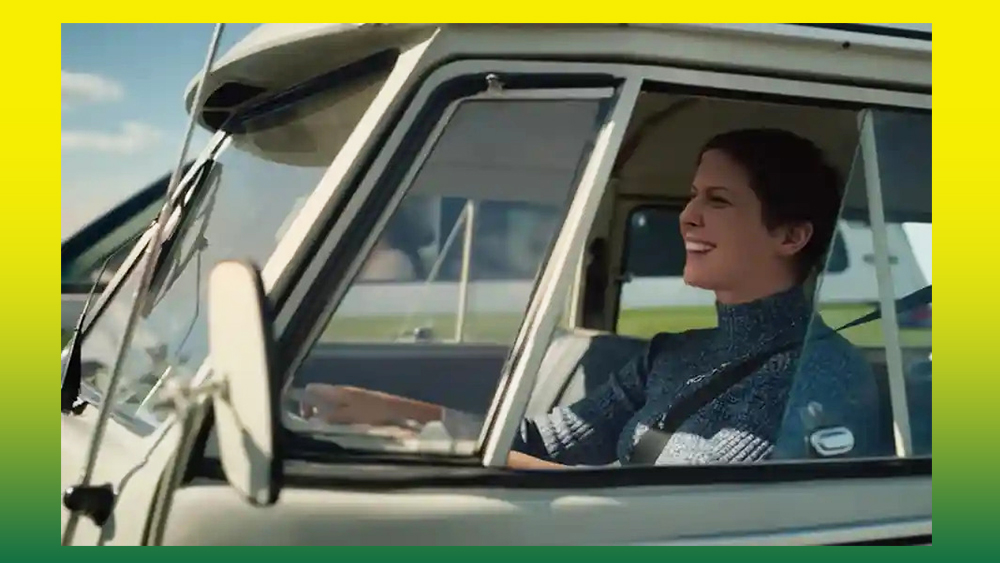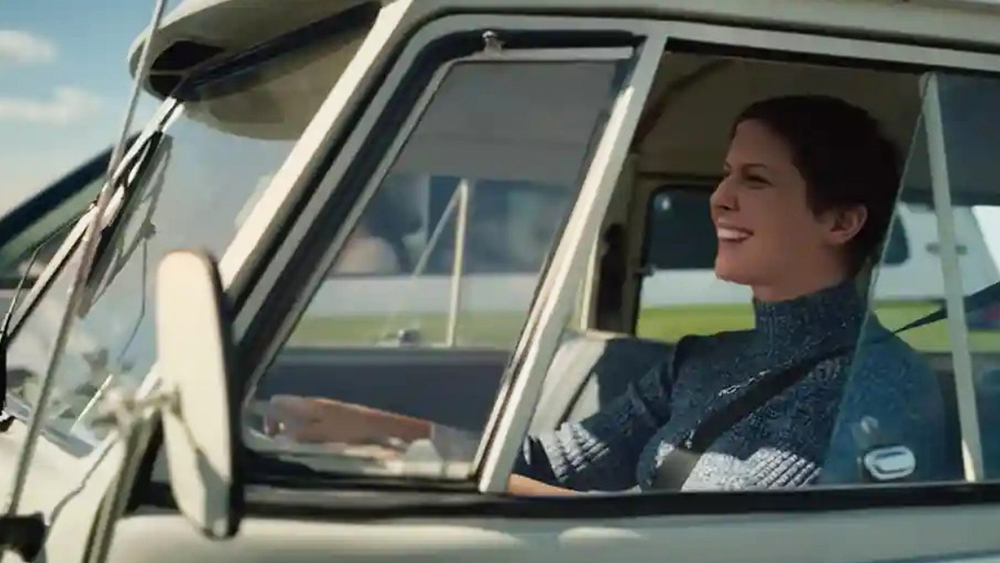
AI art is causing controversy once again, and this time there's a big brand involved. Many people say they have been moved to tears by a Volkswagen advert that features Elis Regina Carvalho Costa, a legendary Brazilian singer who died over 40 years ago.
The car company used an actress and deepfake facial recognition software to make it look like the beloved singer was performing her 1976 hit Como Nossos Pais in a duet with her daughter while driving a VW van. It's powerfully emotive, but what would the singer think? (see our pick of the best deepfakes for more examples of how the technology has been used).
We've seen controversies over the use of AI to 'resurrect' celebrities before, including in the work of an artist who aged late celebs with a text-to-image generator to imagine what they might look like today. However, that was for art's sake; not to promote a car company.
Titled 'Generations', Volkswagen's deepfake advert was made to mark its 70th anniversary in Brazil. It features Elis Regina, who died in 1982 at the age of 36, alongside her daughter Maria Rita. A Grammy-winning singer herself, Rita was just four when her mother died.
Featuring footage of different generations and old and new VW vehicles, the piece has generated immense nostalgia, with many Brazilians commenting on the YouTube video above to say that were left in tears and that the piece is the most moving advert they have seen. Even Brazil’s first lady, Rosângela Lula da Silva, tweeted that she was "crying my eyes out,” after seeing the video, which reportedly took more than 2,400 hours to produce.

But the video has raised questions too, and the Brazilian advertising authority Conar has begun an investigation after receiving complaints. “Questions have been raised over whether it might cause some to confuse fiction with reality, above all children and teenagers,” Conar said.
But as well as the perennial debate around veracity, some suggest it's wrong to use the image of someone who is not here to be able to approve it. Some suggest that as an opponent of Brazil's 1964-85 military dictatorship, Regina would have been appalled, given Volkswagen's collusion with the regime at the time.
Defending the campaign, Volkswagen said the idea was "to use artificial intelligence to create a unique moment that reunited one of the greatest singers in the history of Brazilian music, and her daughter Maria Rita, a contemporary icon”. It noted that the production had been approved by the singer’s family.
Elis’s eldest son, the music producer João Marcello Bôscoli, told the Guardian he had been moved by the advert. He suggested that it had only been so controversial because of the type of technology used and that such deepfake videos will soon become commonplace.
“If they’d used an Elis lookalike nobody would have said anything. If it had been a cartoon of Elis nobody would have said anything … If it had been a woman who looked completely like Elis, nobody would say anything," he said.
It's not the first time we've seen the use of AI in adverts. We've seen deepfake ads before, and more recently, a hotel chain has made what it says is the first advert created using text-to-image video generation.







